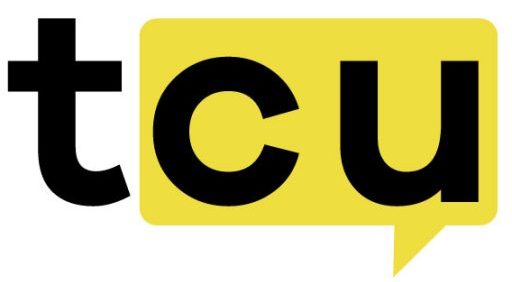In a significant shift to the digital asset landscape, popular cryptocurrency exchange Coinbase has announced a new initiative enabling users to borrow USDC stablecoin, without the need to sell their Bitcoin holdings. The innovative service, underpinned by the open-source lending protocol Morpho and constructed on the Base blockchain, is now available to customers across the United States, barring those residing in New York State.
The introduction of Bitcoin-backed loans was announced via a post on Twitter, in which Coinbase hinted at the potential expansion of the service to support more collateral assets in the future. “Bitcoin-backed loans are here. Borrow USDC against Bitcoin, without selling it. Rolling out to US users (ex. NY) starting now. More collateral assets and regions to come. Powered by Morpho Labs and built on Base. The future of finance is onchain,” the Twitter post read.
In an accompanying blog, Coinbase laid out the benefits of the new service, including its potential to postpone tax implications by allowing users to borrow against their Bitcoin holdings rather than selling. The company also underscored the seamless integration with on-chain protocols like Morpho and Base, which it claims will expedite access to financial services and enhance user experience.
Coinbase’s USDC loan offering allows users to use Bitcoin (BTC) as collateral, which is then converted into Coinbase’s Bitcoin wrapper, cbBTC, at a 1:1 ratio and transferred to Morpho’s smart contracts. In return, users receive USDC, which can be utilized in numerous ways. This includes earning over 4% in rewards and sending funds globally without any fees. Furthermore, USDC can be converted into USD for substantial expenses such as car purchases or mortgage down payments. Coinbase has streamlined the process to allow users to borrow up to $100,000 in USDC, depending on the value of their Bitcoin collateral.
However, the launch has not been without criticism. The lack of a fixed repayment schedule, while flexible, means that failure to maintain the collateral’s value relative to the loan will trigger automatic liquidation, a feature that has stoked controversy in the crypto community.
Critics have voiced concerns about the risks of centralization, as well as the variable interest rates, which are subject to regular recalibration based on market conditions. These features are perceived as straying from the decentralization ethos of DeFi and adding unpredictability for borrowers. There are also concerns about the risk of collateral liquidation during market downturns, which could result in substantial financial losses.
Despite these reservations, the initiative represents a bold move for Coinbase. As the company continues to roll out the service and explores new markets, it will need to address these concerns to ensure the product’s success. Coinbase has also indicated plans to expand the service beyond the US, with the EU – due to the compatibility of USDC with MiCA regulations and Coinbase’s recent strides towards regulatory clarity in Europe – being a likely next target.
![]()


